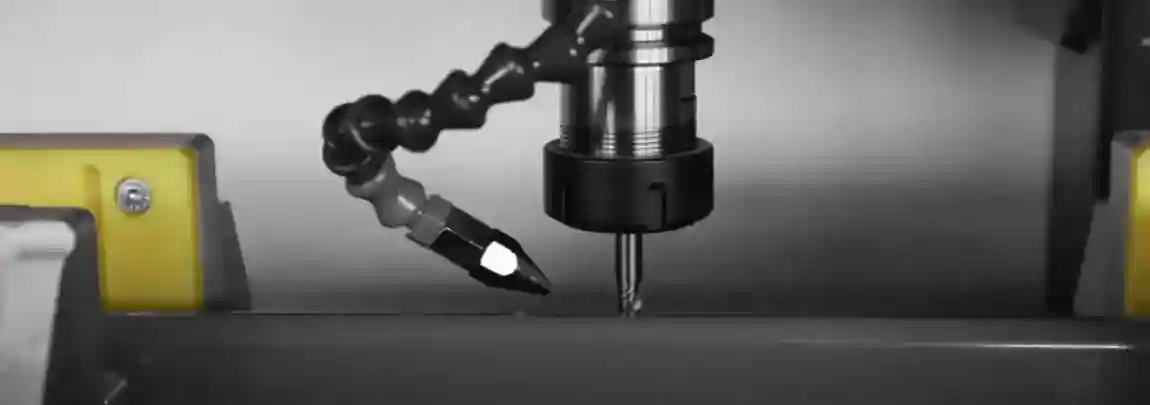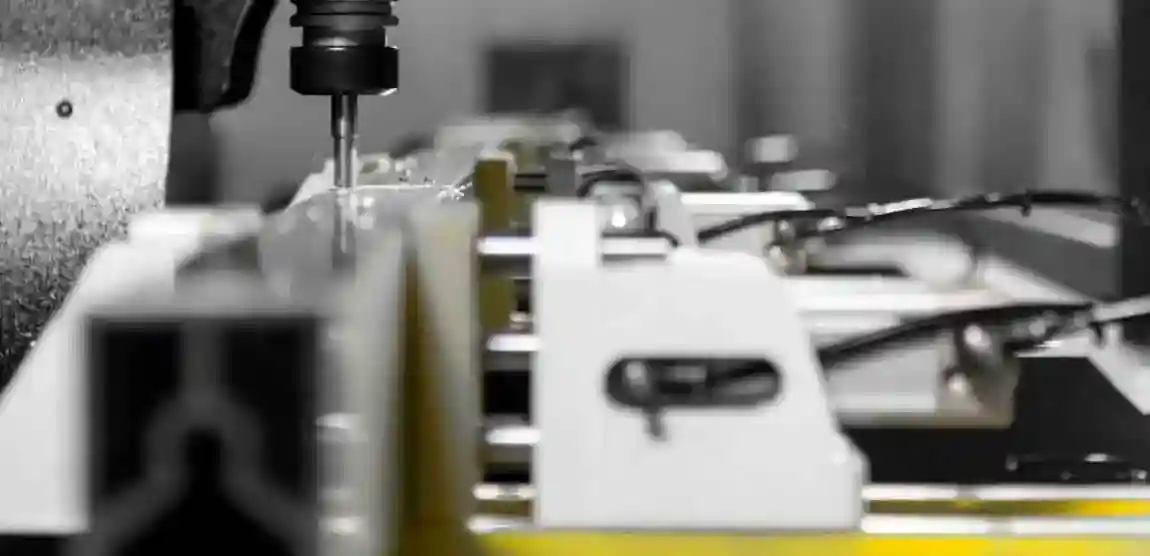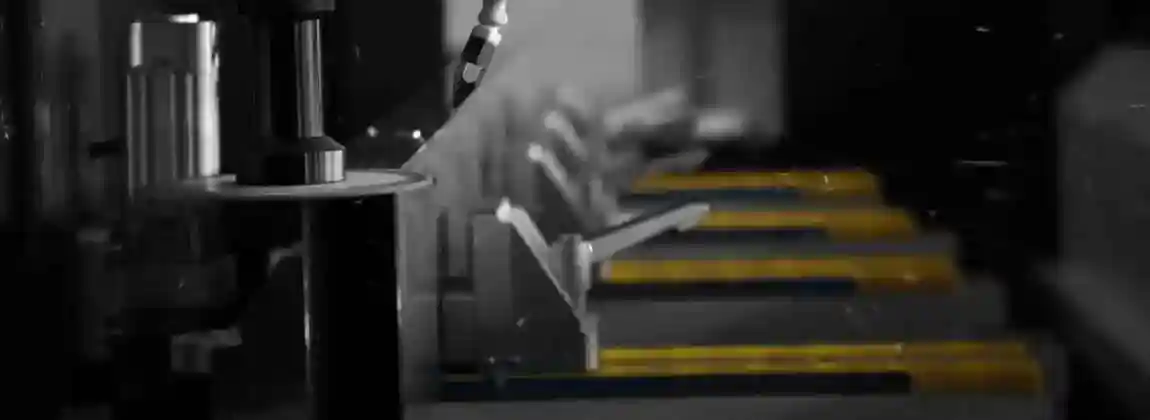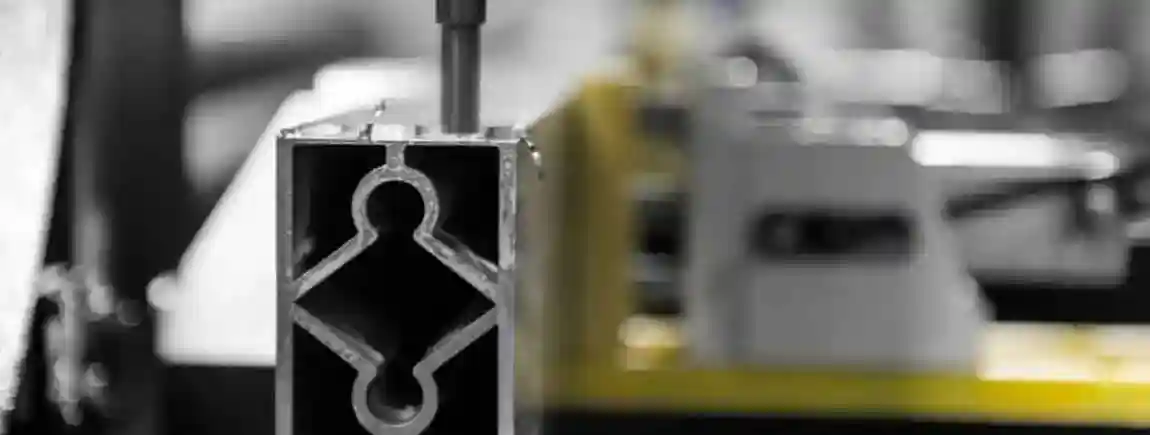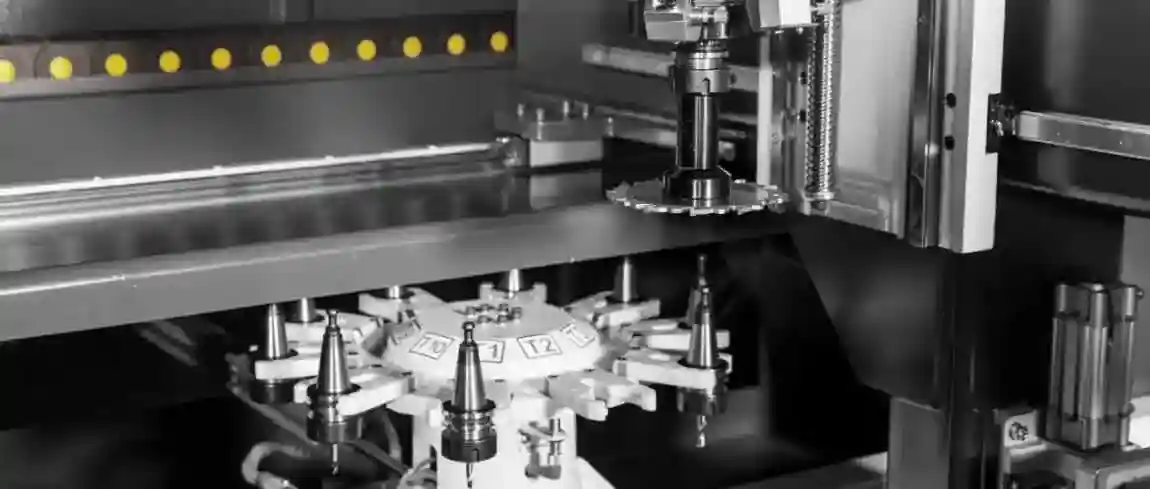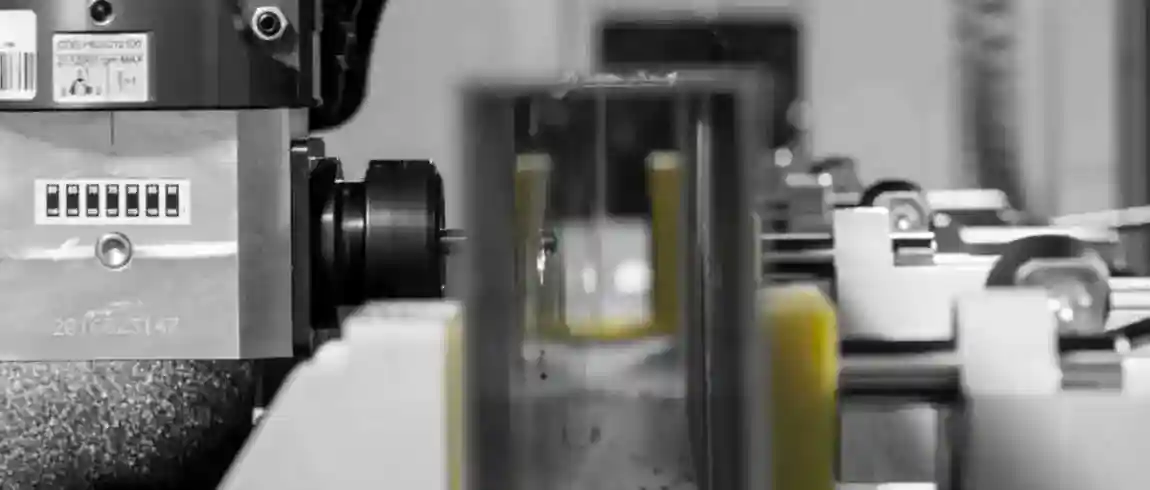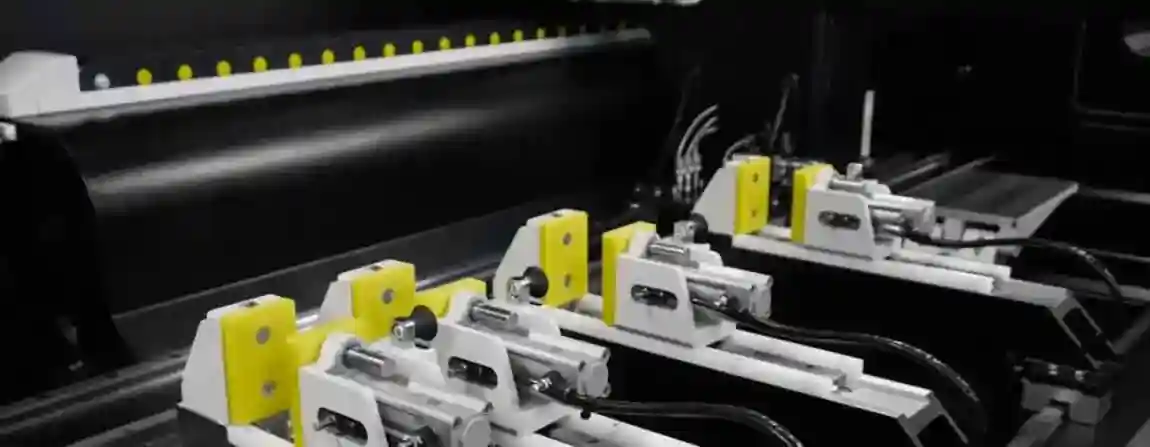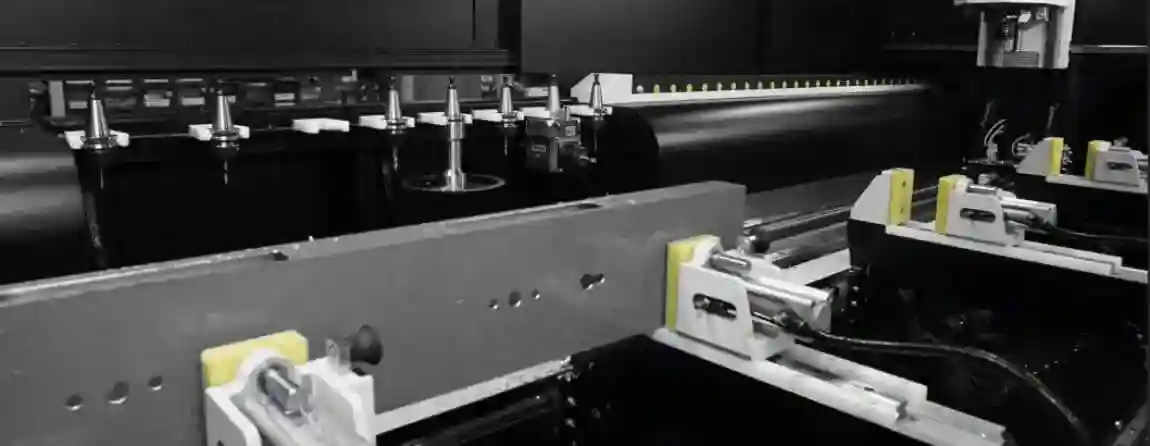-

Company
Product
ALUMINIUM MACHINES
PORTABLE MITER SAWS FOR ALUMINUM
PORTABLE COPY ROUTER MACHINES FOR ALUMINIUM
PORTABLE END MILLING MACHINES FOR ALUMINIUM
AUTOMATIC MITER SAWS FOR ALUMINIUM
COPY ROUTER MACHINES FOR ALUMINIUM
END MILLING MACHINES FOR ALUMINIUM
ALUMINUM CORNER CRIMPING MACHINE
DOUBLE MITRE SAWS FOR ALUMINIUM
AUTOMATIC SAWS FOR ALUMINIUM
BAR PROCESSING CENTERS
MACHINING CENTERS FOR ALUMINIUM COMPOSITE PANELS
NOTCHING SAWS
WEDGE CUTTING SAWS AND NOTCH CUTTING SAWS
MITER SAWS FOR ALUMINIUM
PVC PLASTIC MACHINES
PORTABLE MITER SAWS FOR PLASTIC
PORTABLE COPY ROUTER MACHINES FOR PLASTIC
PORTABLE END MILLING MACHINES FOR PLASTIC
MITER SAWS FOR PLASTIC
COPY ROUTERS FOR PLASTIC
END MILLING MACHINES FOR PLASTIC
WELDING MACHINES FOR PLASTIC
CORNER CLEANING MACHINES FOR PLASTIC PROFILES
DOUBLE MITRE SAWS FOR PLASTIC
BAR PROCESSING CENTERS
GLAZING BEAD SAWS
AUTOMATIC MITRE SAWS FOR PLASTIC
METAL MACHINES
MANUAL METAL SHEET BENDING MACHINE
MANUAL BENDING MACHINES
HYDRAULIC BENDING MACHINES
NON MANDREL BENDERS
PLATE BENDING MACHINES
BORDERING AND TRIMMING MACHINES
HORIZONTAL PRESSES
BELT GRINDING MACHINES
PIPE NOTCHING MACHINES
PIPE POLISHING MACHINES
LASER CUTTING MACHINES
PRESS BRAKES
VERTICAL TURNING CENTERS
MACHINING CENTERS
WOOD MACHINES
GLASS MACHINES
ROBOTICS SPECIAL MACHINERY
Service
Blog
Contact
Blog
- Home
- Blog
- ALUMINIUM PROFILE SAW MACHINE
- MANUFACTURER ALUMINUM PROFILE CUTTING SAWS
MANUFACTURER ALUMINUM PROFILE CUTTING SAWS
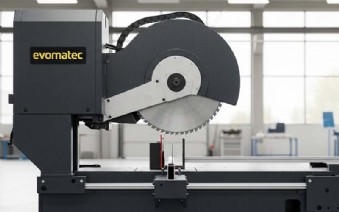
Manufacturers of Aluminum Profile Cutting Saws: The Ultimate Guide to Choosing the Right Partner
Choosing the right manufacturer of aluminum profile cutting saws is one of the most fundamental and strategically far-reaching decisions a metalworking company can make. This is about far more than the mere purchase of a machine; it is about initiating a long-term technological partnership that will significantly influence the productivity, quality, process reliability, and ultimately the competitiveness of your own operation for years to come. The market for these highly specialized sawing machines is global and complex. A multitude of suppliers advertise with different technologies, features, and price ranges. But how do you recognize a first-class manufacturer who not only delivers a machine but offers a holistic, future-proof solution? This comprehensive guide serves as a detailed decision-making aid. We will illuminate the crucial criteria for evaluating machine builders, analyze technological competencies, elaborate on the importance of service and support, and provide you with a clear methodology to identify the ideal manufacturer for your specific requirements.
The investment in a new profile cutting saw is often one of the largest single investments in the machinery fleet. A wrong decision can have serious consequences: from a lack of precision and quality, which lead to expensive rework and scrap, to low reliability and frequent downtimes that paralyze production planning, to inadequate safety that endangers employees. A leading manufacturer understands these challenges and defines their role not as a mere seller, but as a solution provider and a partner on equal footing. They bring their expertise into the process to ensure that you receive not just any saw, but the exact right saw for your materials, your quantities, and your future strategy. In the following chapters, we will decipher the characteristics that distinguish such a partner.
What Defines a First-Class Manufacturer of Profile Cutting Saws
An excellent reputation is not built by marketing, but by demonstrable competence and reliable performance. Leading manufacturers in this segment differ from mere assemblers or dealers through a series of core competencies that you should carefully examine in the selection process.
Technological Competence and Vertical Integration
A first-class manufacturer is primarily a technology company. This is demonstrated by a high level of vertical integration and a strong in-house research and development (R&D) department.
-
Vertical Integration: Check which core components the manufacturer produces in-house. Are critical components such as machine frames, saw units, guides, and clamping systems developed, welded, milled, and assembled in-house? A high level of vertical integration is a clear indication of deep mechanical engineering know-how and allows for seamless quality control over the entire creation process. Manufacturers who merely assemble purchased components often have less influence on the quality and interplay of the components.
-
Research & Development: Does the manufacturer continuously invest in the further development of its products? Are there innovations in the areas of control technology, automation, energy efficiency, and safety? A progressive machine builder not only reacts to market demands but actively shapes technological progress.
Comprehensive Machine Portfolio for Every Need
Every manufacturing task has its own requirements. A competent manufacturer understands this and offers a broad portfolio that covers different needs. This includes:
-
Single-Head Saws: Flexible machines for craftsmanship, prototype construction, and small series.
-
Double Miter Saws: Highly productive CNC machines for industrial series production.
-
Automation Solutions: Integrated systems with loading magazines, robotics, and connection to further processing centers.
A manufacturer who offers only a single type of machine will try to sell you that one for every application. A provider with a broad portfolio can advise you objectively and recommend the technologically and economically most sensible solution for your specific situation.
Consulting and Engineering Expertise
A top manufacturer does not sell machines off the shelf; they develop solutions. The sales process should resemble a technical consultation. A competent contact person will listen to you and ask detailed questions about your products, materials, batch sizes, existing processes, and future goals. They may offer test cuts with your original profiles to prove the achievable quality and cycle time. This engineering expertise ensures that you receive not only a powerful machine but a total concept that fits seamlessly into your production and optimizes your processes.
After-Sales Service and Customer Support: The Partnership After the Purchase
The quality of a manufacturer often only becomes apparent after installation. A machine is only as good as the service behind it. Excellent after-sales support is a crucial selection criterion and includes:
-
Fast Spare Parts Availability: Critical wear and spare parts must be available quickly and for many years to avoid long downtimes.
-
Qualified Technical Support: A competent team of technicians must be reachable by phone, remote maintenance, or quickly on-site to help with problems.
-
Comprehensive Training: The manufacturer must offer thorough training for operators and maintenance staff to ensure safe and efficient operation.
-
Maintenance and Inspection Contracts: Proactive maintenance ensures the longevity and precision of the machine.
The Technological DNA: What Leading Manufacturers Focus on in Design
A manufacturer's philosophy is directly reflected in the design of their machines. Leading providers value details that may seem insignificant at first glance but have a massive impact on the performance and lifespan of the saw.
Mechanical Engineering as the Foundation of Precision
The basis for every precise cut is uncompromisingly stable and precise mechanical engineering. Leading manufacturers like Evomatec understand that mechanical quality cannot be replaced by any electronics in the world.
-
The Machine Frame: Massively dimensioned, torsion-resistant, and stress-relieved steel welded constructions are the backbone of the machine. They absorb vibrations and guarantee long-term geometric stability.
-
Guides and Drives: Instead of cheap sliding guides, high-precision, pre-stressed linear guides from reputable suppliers are used. For CNC axes, backlash-free ball screws or ground racks ensure the highest positioning and repeat accuracy.
-
Saw Units: The pivoting and tilting mechanisms of the saw units must be massively and backlash-free constructed to guarantee exact angles even after hundreds of thousands of cycles.
Intelligent Control and Software Integration
The software is the brain of the machine and the interface to the operator. Leading manufacturers invest heavily in their own development of control software.
-
Intuitive Operation: A graphical user interface (HMI) based on a large touchscreen must be self-explanatory and guide the operator safely through all processes.
-
Powerful Algorithms: A core competence is the software for off-cut optimization. A good algorithm can reduce material usage by up to 15% and is thus a decisive factor for profitability.
-
Connectivity (Industry 4.0): The control must have interfaces to communicate with higher-level ERP or CAD/CAM systems. The import of cutting lists and the export of production data must function smoothly.
Uncompromising Safety: The CE Conformity Promise
A reputable manufacturer takes its responsibility for operator safety extremely seriously. CE conformity is not a formality but the result of a well-thought-out safety concept that considers all potential hazards. This includes a complete protective cabin, safety-interlocked doors, two-hand controls or light curtains, and a safety-related control system (Safety PLC). The many years of experience gained from countless customer projects enable us as a manufacturer to ensure that every acceptance inspection is carried out with the utmost conscientiousness regarding the achieved cut quality and complete CE-compliant safety.
The Selection Process: Step by Step to the Right Machine Builder
The selection of a manufacturer should be a structured process to make an informed decision.
Phase 1: The Detailed Needs Analysis (Specification Sheet)
Before you talk to manufacturers, you must precisely define your own requirements. Create a specification sheet that includes the following points:
-
Materials and Profiles: Which alloys, cross-sections (min./max.), and surfaces do you process?
-
Cut Types: Only straight cuts (90°) or also miter cuts? Which angle ranges?
-
Quantities and Batch Sizes: How many parts per shift/day/week? Do you produce in series or single parts?
-
Accuracy Requirements: Which length and angle tolerances are required for your products?
-
Automation Needs: Do you need automatic material feeding or removal?
-
Software Connection: Are there existing systems (CAD/ERP) with which the saw must communicate?
Phase 2: Market Research and Pre-selection of Suppliers
Research specialized manufacturers of aluminum profile cutting saws. Visit trade fairs, read trade articles, and use industry directories. Create a "long list" of potential suppliers and request initial information and budget offers based on your specification sheet.
Phase 3: The Machine Demonstration – The Practical Test
Reduce your selection to two to three favored manufacturers ("short list"). The decisive step now is a machine demonstration. Insist on conducting this with your own, typical, or most difficult profiles. Pay attention not only to the cut quality and cycle time but also to:
-
The ergonomics and user-friendliness of the control.
-
The noise level and the general workmanship of the machine.
-
The competence of the demonstration staff and the quality of their answers to your technical questions.
Phase 4: Evaluating Service, Support, and References
The machine is only part of the solution. Obtain detailed information about the service concept. Ask about response times, costs for maintenance contracts, and spare parts availability. Ask for reference customers who have similar requirements to yours, and talk to these users about their long-term experiences with the manufacturer and their service.
The Manufacturer's Role in Different Industries
A good manufacturer understands the specific needs of different industries.
-
Window and Facade Construction: Here, the focus is on the highest productivity for standard miter cuts, seamless connection to industry software, and absolute process reliability.
-
Mechanical Engineering and Industry: Robust, durable, and flexible machines that can precisely cut a wide variety of profiles and cross-sections are in demand.
-
Automotive Industry: The requirements for process reliability, automation, documentation, and traceability are extremely high. Manufacturers must often be able to supply complex, fully automated, and interlinked sawing cells. Based on our in-depth wealth of experience from a variety of installations in the automotive supply industry, we ensure that inspections are always carried out with maximum care regarding product quality and compliance with all safety-relevant CE standards.
Conclusion: The Choice of a Manufacturer is a Partnership Decision
The decision of which manufacturer of aluminum profile cutting saws to buy from is one of the most important course-settings for the future of your production. It is a decision for a technological platform, for a service concept, and for a partner who, ideally, will accompany you throughout the entire life cycle of the machine. Take the time for a structured and detailed selection process. Evaluate not only the price on the offer but also the technological substance, the engineering competence, and the long-term reliability of the provider. A first-class manufacturer like Evomatec delivers not just a machine, but a promise: the promise of precision, productivity, and partnership. Such an investment pays off through lower life cycle costs, higher product quality, and trouble-free production for many years.
Frequently Asked Questions (FAQ)
How do I recognize the difference between a mere machine assembler and a genuine manufacturer?
A genuine manufacturer has a high level of vertical integration, meaning they develop and manufacture critical components like machine frames, saw units, and control software in-house. They have their own R&D department and can answer deep technological questions competently. An assembler or dealer merely buys and assembles components but often has less in-depth knowledge of the interplay and design details.
How important is it that the software comes from the same manufacturer as the machine?
This is a very important advantage. When hardware and software come from a single source, they are optimally matched. The manufacturer has full control over the functionality, can make updates and adjustments themselves, and in case of problems, there is no finger-pointing between the machine and software supplier. This increases process reliability and significantly simplifies service.
What priority should I give to after-sales service in my purchase decision?
A very high one. A profile cutting saw is a production machine where every downtime costs money. Excellent after-sales service with fast response times, high spare parts availability, and competent technicians is like an insurance policy for your productivity. A low machine price can quickly turn into the opposite if the service is slow or unreliable in the event of a fault.
Request a free consultation www.evomatec.com
- Manufacturer aluminum profile cutting saws
- Producer alu profile saws
- Supplier double miter saws
- Machine builder chop saw aluminum
- Evomatec sawing technology
- Selection of profile sawing machine
- CE conformity machinery
- After-sales service sawing machine
- Technological competence machine building
- Vertical integration manufacturer
- Precision saw for aluminum
- CNC profile saw
- Automated sawing system
- Cut-off optimization software
- Window manufacturing sawing machine
- Mechanical engineering profile processing
- Investment decision machine purchase
- Profitability of saw
- Quality manufacturer machine building
- References machine manufacturer
 GERMANY
GERMANY ENGLISH
ENGLISH FRANCE
FRANCE SPAIN
SPAIN PORTUGAL
PORTUGAL

